- Sunday, 22 February 2026
Some polar bears adapt to hunt without sea ice
The findings, from a research team based at the University of Washington, open up the possibility that pockets of the species might survive despite rising temperatures.
'Long Covid' risk lower with Omicron, study finds
Just over 4% of those infected during the Omicron wave had logged long Covid symptoms, compared with 10% of those infected in the preceding, Delta, wave. But as far more were infected during the Omicron wave, the total was higher.
Nepal to move Everest base camp from melting glacier
Nepal is preparing to move its Everest base camp because global warming and human activity are making it unsafe. The camp, used by up to 1,500 people in the spring climbing season, is situated on the rapidly thinning Khumbu glacier.
Rich nations accused of climate talks 'betrayal'
Climate talks in Bonn headed into their final day with rich nations accused of betraying the developing world. Poorer countries say that a promise they would be compensated for the damage done by richer countries' emissions would be honoured this year.
Sea level rise threatens 200,000 properties in England
Nearly 200,000 properties in England may have to be abandoned due to rising sea levels by 2050, a report says. It looks at where water will cause the most damage and whether defences are technically and financially feasible.
People in Pakistan urged to drink fewer cups of tea
People in Pakistan have been asked to reduce the amount of tea they drink to keep the country's economy afloat. Sipping fewer cups a day would cut Pakistan's high import bills, senior minister Ahsan Iqbal said.
Sri Lanka gives government workers extra day off a week
It comes as the island nation, home to around 22 million, facing its worst economic crisis in more than 70 years.
Bad air shortening life by 10 years in Delhi - study
Air pollution can shorten lives by almost 10 years in the Indian capital, Delhi, the world's most polluted city, says a report by a US research group. The study adds that the average Indian life expectancy is shortened by five years at current air quality levels.
'Lamda Artificial Intelligence system may have its own feelings'
A Google engineer says one of the firm's artificial intelligence (AI) systems might have its own feelings and says its "wants" should be respected.
Huge plan to map the DNA of all life in British Isles
Seventy thousand species. That’s the best guess for the tally of life, including plants, animals and fungi, found in Britain and Ireland.
Focus on climate not war, Fiji tells security summit
Fiji has told an Asian security summit that climate change is a bigger threat to the Pacific than military tensions. "Machine guns, fighter jets... are not our primary security concern. The single greatest threat to our very existence is climate change," Fiji Defence Minister Inia Seruiratu said.
Britney Spears gets married after ex gatecrashes
Britney Spears has married fiance Sam Asghari, seven months after being freed from a conservatorship that she said had prevented her from getting wed.
Microplastics found in fresh Antarctic snow
Scientists have for the first time found microplastics in freshly fallen Antarctic snow. Researchers from the University of Canterbury in New Zealand collected samples from 19 sites in Antarctica and each contained tiny plastic fragments.
Antarctic sea floor mapped in greatest ever detail
Scientists have made the most precise map yet of the mountains, canyons and plains that make up the floor of Antarctica's encircling the Southern Ocean.
Nadal beats Ruud to win record 14th French Open
Rafael Nadal reclaimed his crown as the king of the French Open, winning a record-extending 14th title by beating Norway's Casper Ruud in straight sets. Spain's Nadal, 36, won 6-3 6-3 6-0 against eighth seed Ruud to also extend his record number of Grand Slam men's singles titles to 22.



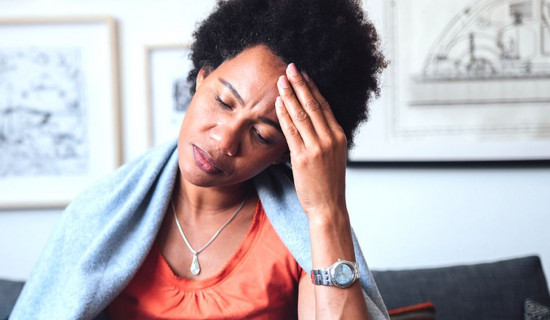
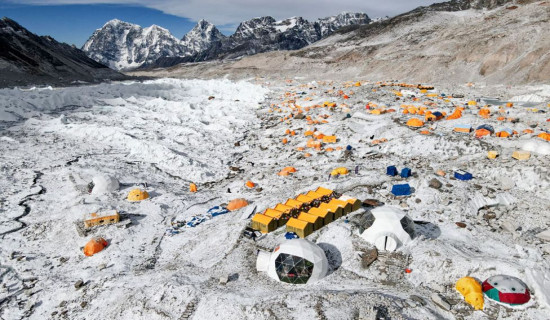

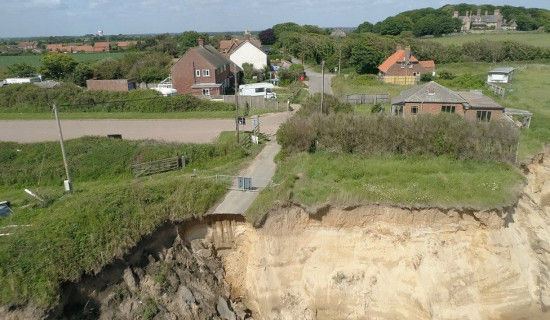
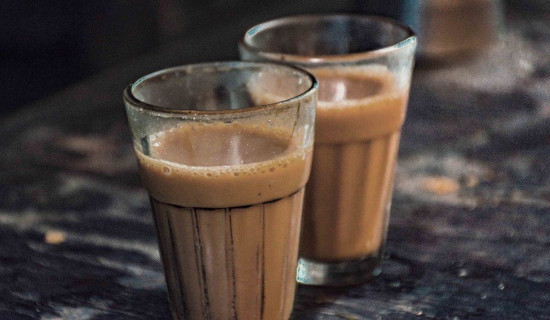
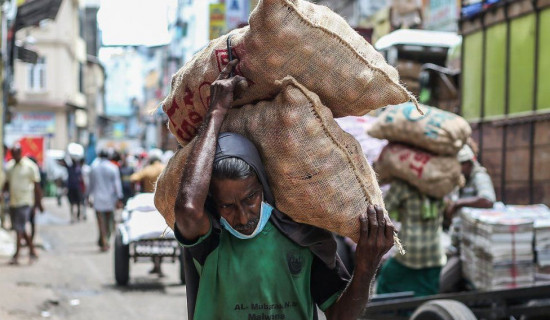
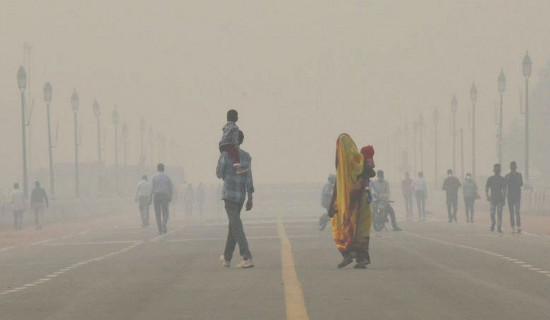
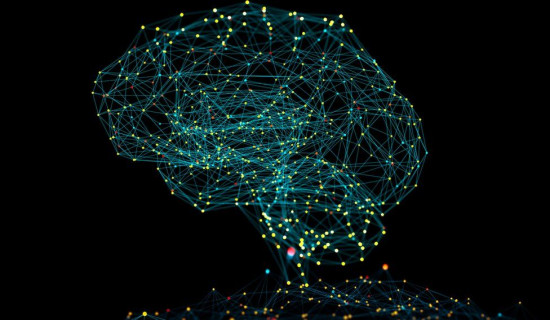
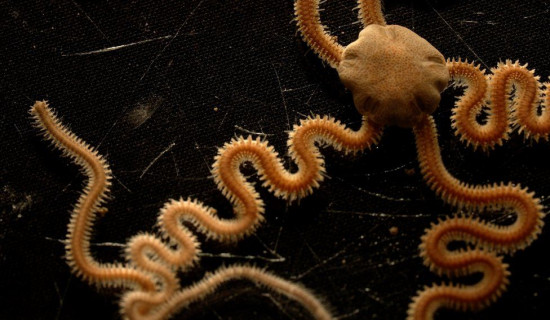
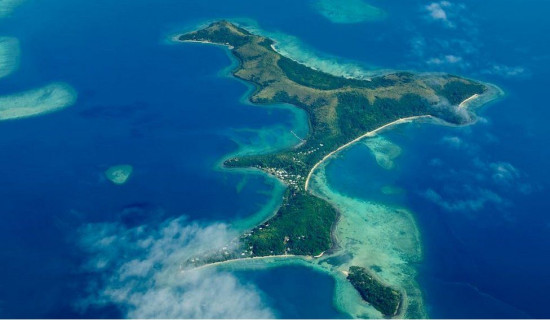
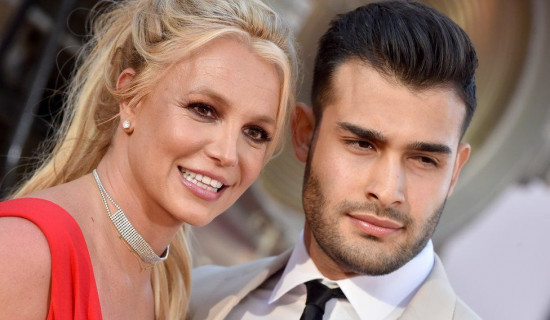
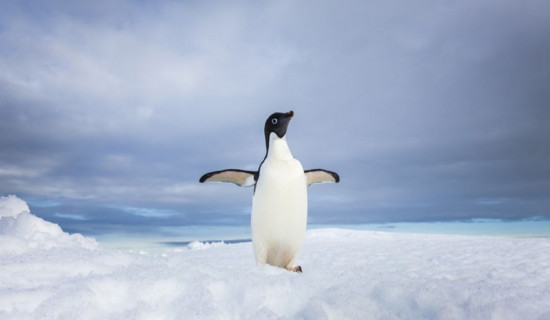
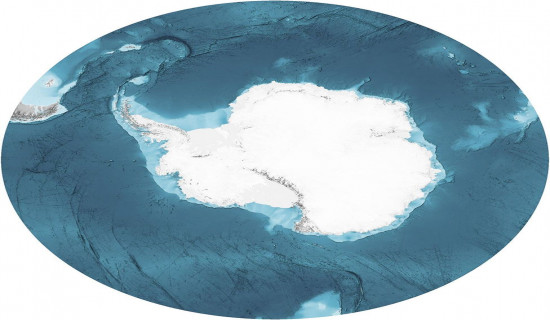
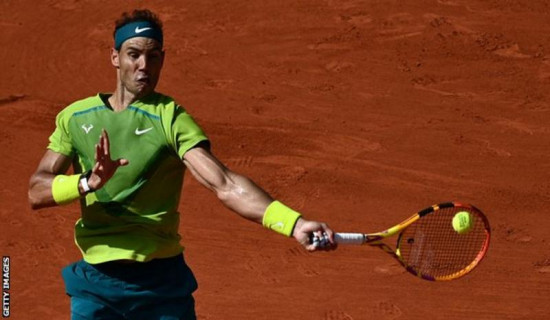
-(1).jpg)